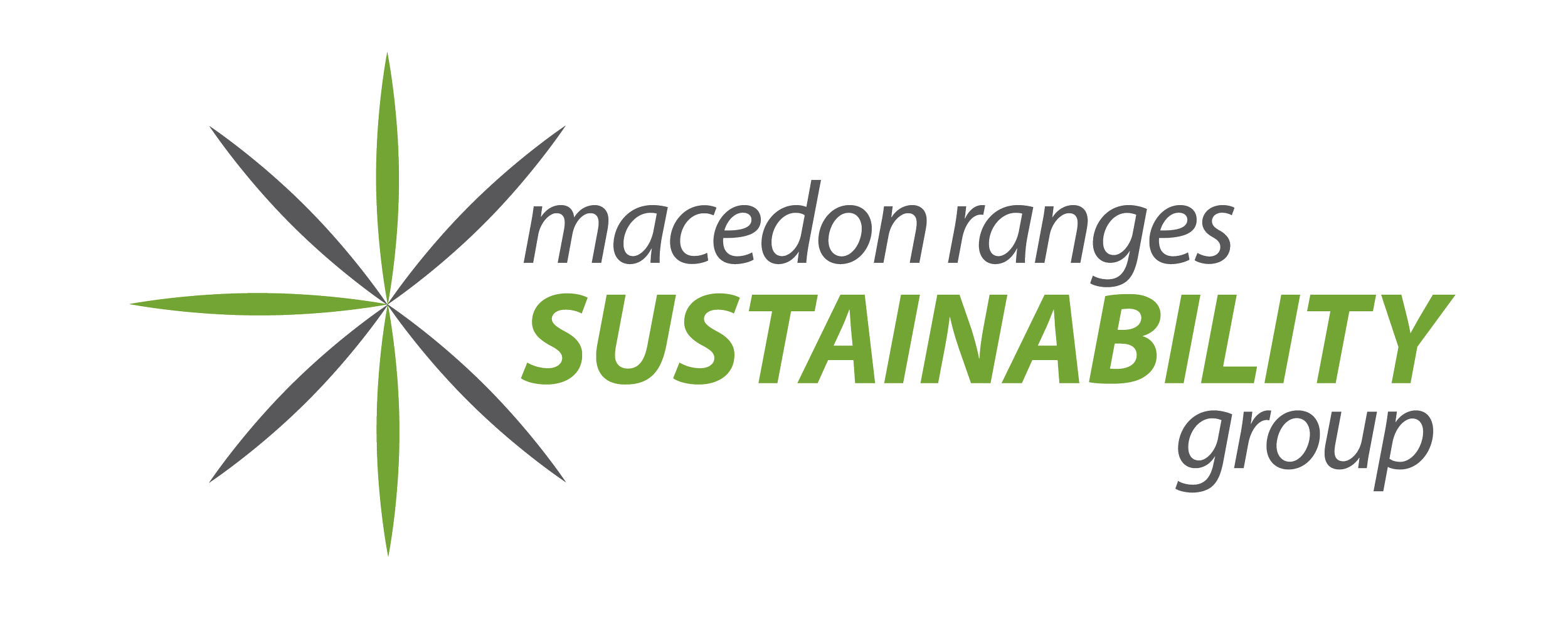Welcome to the MRSG Wash Against Waste trailer support page.
You are here because you wish to know details or have an issue with the MRSG Wash Against Waste trailer and its content.
The support available consists of three sets of materials. Please use them in the following order.
This page is a FAQ. Here you will find high-level information about the trailer.
End-user Documentation is a downloadable and searchable PDF with the details, including photos and instructions.
Volunteer support. Please be sure to use this resource sparsely.
-
The trailer is located under lock and video surveillance inside the council depot in Woodend Victoria.
The five farmers markets in the Macedon Ranges have priority. Any festival or event in the Macedon Ranges has second priority. If we have both availability and volunteers the trailer can go to other councils. Please enquire via waw@mrsg.org.au or use the form on https://mrsg.org.au/wash-against-waste.
-
Prepare the stall holders that we are coming to your event. Let them know the Victorian State government legislation on single use plastic and the event policy on sustainability.
Let the drinks and food stalls know if the use of WAW is mandatory, recommended or an option. We often see patrons get a coffee or a meal and then leave the venue. As we would like to keep our crockery it is a good idea to let drinks and food stalls know that single use is OK if the patron is leaving the venue and they should ask the patron.
Please also inform volunteers and stall holders where the WAW collection tables are so they may educate the public.
-
An inventory is available on https://mrsg.org.au/wash-against-waste, while we endeavour to keep the count correct, the numbers mentioned are the maximum count.
-
When travelling, the trailer dimensions in mm are H: 2250, W: 2000, L with towbar: 4200, and L without towbar: 2600.
When set up, the trailer dimension in mm is H: 2250, W with 3 by 3 marquee: 5000, and L with towbar: 4200.
The site must be flat, as the washing machine will not work if placed on a slope. We require clean water and a point of discharge for the dirty water (it can be in the bush as we use eco-friendly dish washing liquid). A 10 amp power point is required.
We carry a 20-metre fused extension cord, a 20-metre clean water hose and a 20-metre grey water hose. We have three trestle tables, one 3 by 3-metre marquee and an A-frame sign.
For all specifications and instructions see the WAW End User Documentation here.
-
Yes. Overall, when considering the material that would have otherwise ended up in landfill against the use of water and electricity, the WAW trailer is very sustainable.
-
Minimum towing capacity is 2000Kg/2t. The trailer is fitted with hydraulic brakes, there is no need for electric brake controller in your towing vehicle.
The volunteer towing will have to attend a towing introduction by the WAW project lead, or another assigned volunteer before towing. This is to adhere to council requirements.
-
Download the documentation here. The documentation is a searchable PDF. Try searching for “Error code” or “program” to learn more.
-
The WAW project is entirely run by volunteers. Please use this FAQ and the “End user Documentation” before contacting a volunteer. The volunteer who brought you the trailer on the day is your first point of contact. They should leave their details with your designated lead. If everything else fails, please contact Mark Mulcahy Project Lead on 0421238580.
-
The WAW project runs on the back of volunteers. WAW Project provides a volunteer driver who will drive the trailer to you, set up the trailer and instruct the first shift on how to use the trailer. A WAW project driver will also pick up the fully packed trailer after your event.
Your event is responsible for volunteers to do the dishes and pack up the trailer after the event. From experience, we recommend you sign up volunteers as leads and washers. The number of volunteers is decided by how many people attend your event and use the crockery.
The lead must help the WAW project driver set up so they understand and can manage the equipment. Know how to seek help and be responsible for the packing up of the trailer. The washers can easily do two-hour shifts, and we recommend that the lead overlap the shifts to keep the momentum.
An example is: Your event runs between 9 am and 3 pm. The WAW project driver will be onsite at 8 am and pick up at 3 pm. Your event volunteers washer's first shift is between 9 and 11 am, the second is between 11 am and 1 pm, and the third is between 1 and 3 pm. The lead's first shift is between 8.30 am and 12 noon, and the second is between 12 noon and 3.30 pm.

